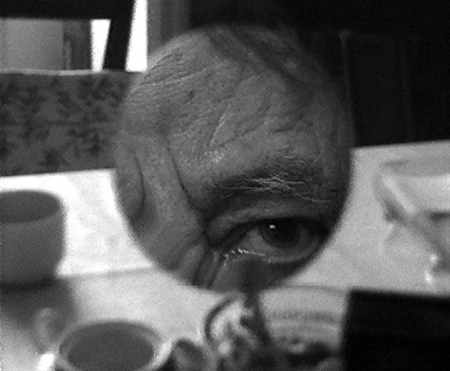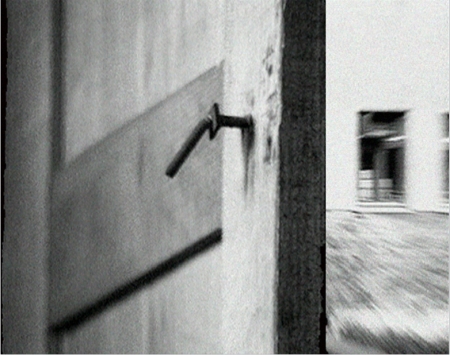Passing Drama
Passing Drama |
Angela Melitopoulos
Almanya Germany, 1999, 66’
Yunanca, Almanca; Türkçe ve İngilizce altyazılı Greek, German with Turkish and English subtitles

Bir deneme film niteliğindeki ‘’Passing Drama’’, yönetmen Melitopoulos’un üç kuşak boyunca aktardığı göçmenlik tarihini mercek altına alıyor. ‘Drama’, 1923’teki ‘Küçük Asya Felaketi’nden sonra mültecilerin yerleştiği Yunanistan’ın kuzeyindeki bir küçük kenttir. Mülteci çocuklarının pek çoğu II. Dünya Savaşı’nda Nazi Almanyası’nda zorla çalıştırıldıktan sonra da Almanya’da ‘misafir işçi’ olarak kaldılar. Onların kaderleri Türkiye, Yunanistan ve Almanya’nın tarihi gerçekleri gizleyici tutumları ve bu birinci, ikinci kuşak mültecilerin toplu göç olayından kaynaklı travmatik deneyimlerini unutma ihtiyacı ile çizildi: Geriye topumsal hafıza, bilgi, yaşamsal ve düşünsel geleneklerin aktarılmasında yaşanan kopukluklar ve açılan çatlaklar kaldı…
Passing Drama is a multi-voice diary recounting the intertwined migration path of the inhabitants of Drama, a small town in northern Greece still inhabited by refugees who survived Nazi deportations. During the Second World War, many inhabitants of Drama were forced to exodus to labour camps in Nazi Germany, and not all of them returned to their hometown. This migratory and diasporic fate is common to the parents of Angela Melitopoulos (who was in fact born in Germany) and to entire generations of refugees, involved in a progressive cracking of collective memory, the restoration of which is attempted by the dense visual and sound texture that the artist restores in the film. Conceived as a veritable “video texture”, Melitopoulos thus restores the migrant history of her own family, emphasizing how the experience of diaspora undermines any order of perception of subjective memory. This idea of oblivion is expressed through an interwoven montage of images that reflects the deforming action of time: the older the events, the more the montage of images has undergone manipulation. The repeated fragments of industrial looms that appear between the sequences provide not only sociological representations (many refugees did in fact work in the textile industry), but also reflect the actual “textile-urological” paradigm of the film’s narrative construction.

|